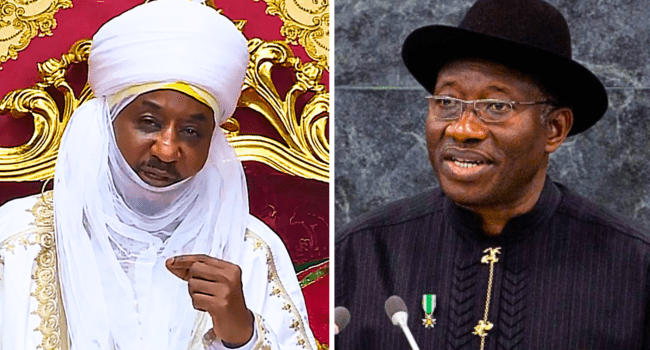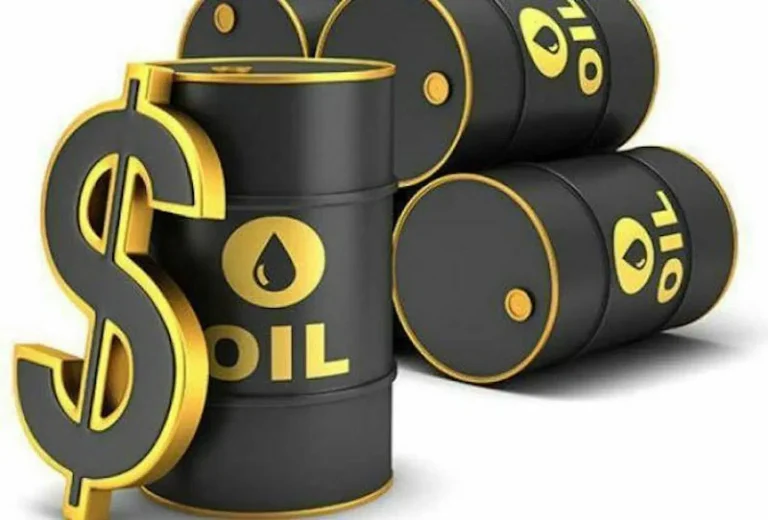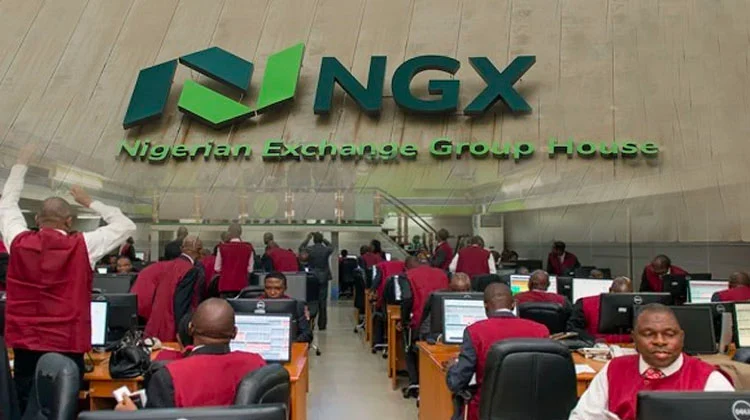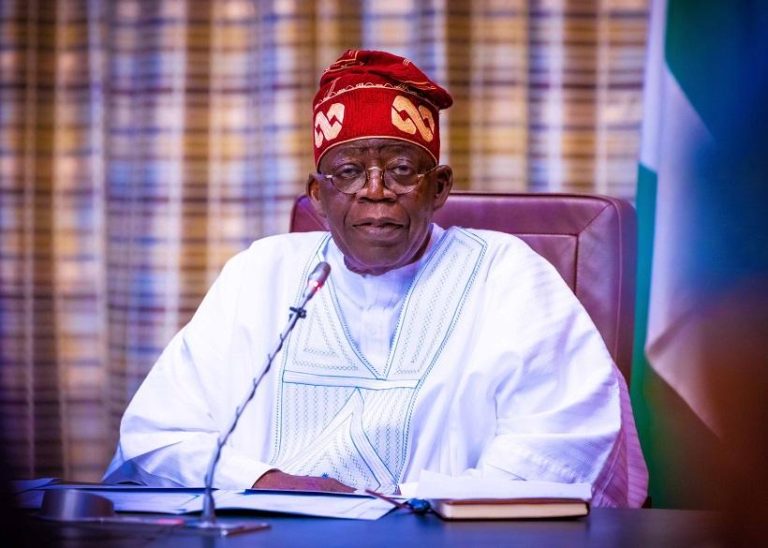
In a fresh revelation, the Emir of Kano, Muhammadu Sanusi II, has disclosed that former President Goodluck Jonathan’s administration reconsidered removing the fuel subsidy in 2011 due to security concerns at the height of the Boko Haram insurgency.
Sanusi, who served as Governor of the Central Bank of Nigeria (CBN) from 2009 to 2014, made the disclosure on Tuesday while speaking at the Oxford Global Think Tank Leadership Conference in Abuja.
According to him, the decision to delay the policy stemmed from fears that removing the subsidy during a time of widespread insecurity could have triggered mass casualties.
“The only reason the government compromised at that time and implemented only 50 per cent of the subsidy removal was Boko Haram,” Sanusi explained. “There were thousands of Nigerians protesting on the streets of Lagos, Kano, Kaduna, and other cities.
The concern was that one suicide bomber could infiltrate those crowds, detonate explosives, and cause hundreds of deaths. At that point, it would no longer be a debate about subsidy—it would be a national tragedy.”
Despite the challenges, Sanusi commended former President Jonathan’s resolve to pursue subsidy reforms, describing it as a courageous but politically sensitive decision.
He argued that Nigeria’s current economic hardship is partly the consequence of failing to fully remove the subsidy more than a decade ago.
“We ran the numbers at the Central Bank,” he recalled. “I stood up and put my credibility on the line. I said, remove the subsidy today—yes, inflation will rise from 11 per cent to 13 per cent, but I’ll bring it back down within a year.”
Sanusi maintained that had the policy been implemented then, Nigeria would not be facing inflation above 30 per cent today, nor the current depth of economic pain.
He contextualized his remarks within the ongoing debate over President Bola Tinubu’s decision to end Nigeria’s decades-old fuel subsidy in his May 29, 2023 inaugural address.
The subsidy, introduced in the 1970s to keep petrol affordable, had grown into a massive fiscal burden, consuming trillions of naira annually. Tinubu’s removal of the subsidy—hailed by economists and international partners—was intended to stabilize public finances but resulted in sharp increases in fuel prices, transport costs, and food inflation.
By 2024, inflation had surged past 30 per cent, pushing nearly half of Nigeria’s population below the poverty line.
While critics argue that the policy has deepened the cost-of-living crisis, supporters insist it was a painful but necessary step toward restoring fiscal discipline and achieving long-term economic recovery.



